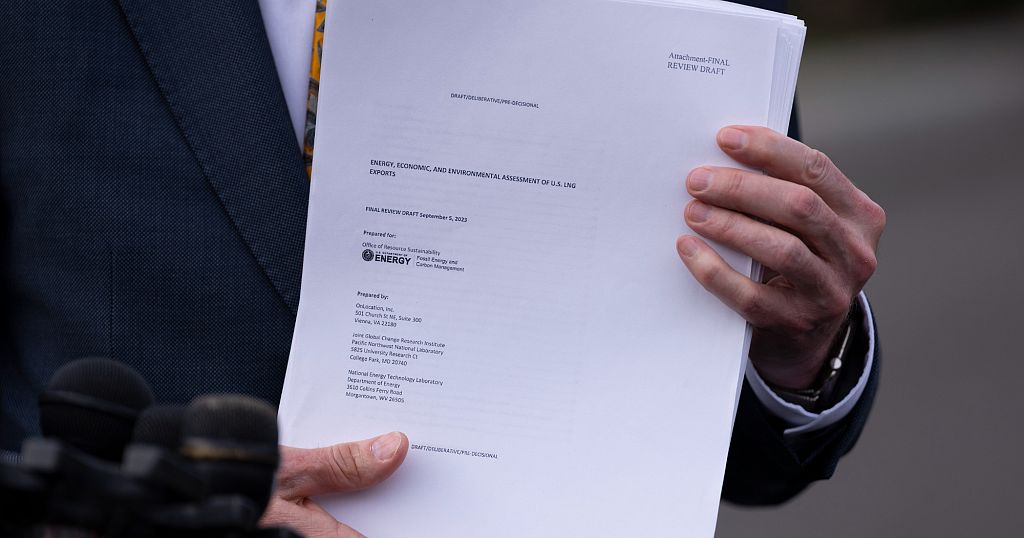South Africa has vehemently rejected a scathing report from the United States criticizing its human rights record, calling the assessment inaccurate and biased. The 21-page document, released by Washington, claims that South Africa’s human rights situation has significantly worsened, citing alleged abuses against racial minorities, land expropriations from Afrikaners, and extrajudicial killings in certain provinces.
However, the Department of International Relations and Cooperation (DIRCO) has dismissed these claims as misleading, emphasizing that suspects are formally arraigned in court and that the report relied on “discredited accounts.” DIRCO also criticized the U.S. for issuing judgments on other countries while refusing international supervision.
International relations analyst Zimkhita Nene argues that the report highlights a glaring double standard. “South Africa’s constitution meets international standards and goes further by including socioeconomic rights to address historical injustice. In contrast, the U.S. has unresolved human rights challenges, including racial inequality and systemic violence, as highlighted by movements like Black Lives Matter and Say Their Names,” she said.
This latest development has strained relations between Pretoria and Washington, which have been tense since South Africa filed a case against Israel at the International Court of Justice over alleged Genocide Convention violations in Gaza. Tensions worsened during Donald Trump’s presidency when the U.S. cut aid and expelled South Africa’s ambassador in response to criticisms of American policy.
Foreign Minister Ronald Lamola has warned that repeated U.S. interference in South Africa’s domestic affairs has pushed bilateral relations to a low point. The report’s findings have sparked debate and criticism, with many accusing the U.S. of hypocrisy and selective application of human rights standards.
The controversy underscores the complexities of human rights assessments and the challenges of navigating diplomatic relationships in the face of differing perspectives on these issues. As South Africa and the U.S. continue to engage on these matters, it remains to be seen whether they can reconcile their differences and work towards a more constructive dialogue on human rights and related issues.
Meanwhile, DIRCO has stressed that South Africa remains committed to upholding human rights and the rule of law, both domestically and internationally. As the situation evolves, it is clear that the report has touched a nerve, highlighting the need for continued diplomatic engagement and a nuanced understanding of the complex issues at play.
